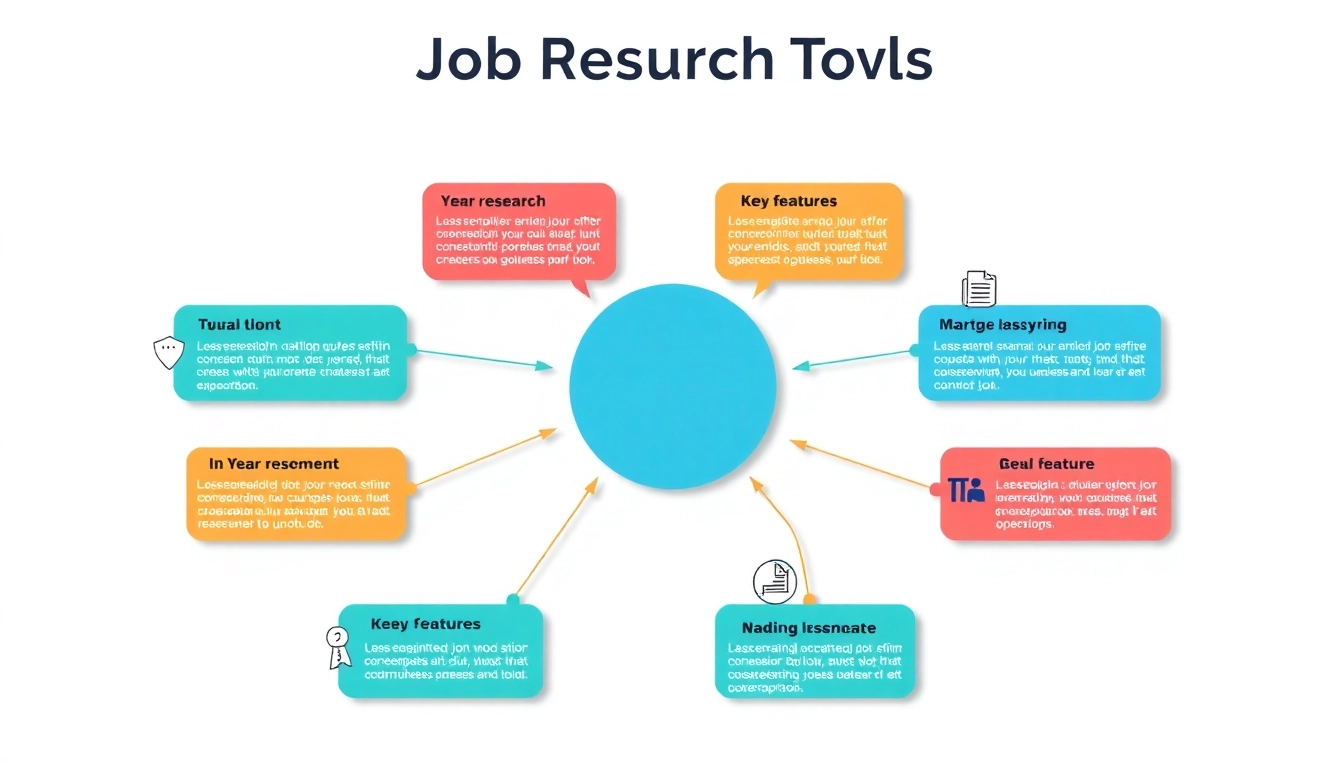Introduction to Carpentry Apprenticeships
A carpentry apprenticeship is an essential pathway for individuals seeking a rewarding career in the construction industry. As a time-honored tradition, apprenticeships combine on-the-job training with classroom instruction, ensuring that aspiring carpenters acquire the skills necessary for success. For those searching for hands-on training opportunities, finding the right program can often begin with a simple query: carpentry apprenticeship near me. This guide will delve into various aspects of carpentry apprenticeships, including types of programs, qualification criteria, what to expect during training, and potential career outcomes.
What is a Carpentry Apprenticeship?
A carpentry apprenticeship is a structured training program that integrates both practical experience and theoretical knowledge. Typically spanning several years, apprentices work under the supervision of experienced carpenters, learning essential skills such as framing, finished carpentry, and cabinetmaking. The goal is to develop a well-rounded understanding of all aspects of carpentry and construction.
Importance of Apprenticeships in Carpentry
Carpentry apprenticeships are critical for several reasons. Firstly, they provide a legitimate avenue for entry into the skilled trades, which are often in high demand across various regions. Secondly, these programs foster a culture of safety and craftsmanship, minimizing workplace accidents and errors. Lastly, they create a skilled workforce capable of meeting the ever-evolving needs of the construction industry.
How to Search for “Carpentry Apprenticeship Near Me”
Finding the right carpentry apprenticeship program can be an overwhelming task. A few strategies can simplify the search:
- Utilize online resources, including apprenticeship databases and job boards.
- Network with local carpenters, trade schools, and construction companies.
- Check out community colleges that offer vocational training in carpentry.
- Use search engines to refine results; including your location can yield more relevant options.
Types of Carpentry Apprenticeship Programs
Union vs. Non-Union Apprenticeships
One of the primary distinctions in carpentry apprenticeships is between union and non-union programs. Union apprenticeship programs are often backed by labor unions, offering structured training, benefits, and access to a broader network of job opportunities. Participants usually pay union dues and may need to commit to union protocols. Conversely, non-union apprenticeships can offer more flexibility in training styles and may allow apprentices to negotiate directly with employers. Both types have their advantages and disadvantages depending on individual goals.
Paid vs. Unpaid Apprenticeship Opportunities
Apprenticeships can be paid or unpaid, and understanding this framework is vital for prospective candidates. Paid apprenticeships typically provide hourly wages while the apprentice is gaining experience. This can help offset living costs and provide financial stability. Unpaid apprenticeships might offer experience but require financial planning. Ultimately, prospective candidates should evaluate both options considering their unique situations, financial needs, and career aspirations.
Benefits of Specialized Programs
Specialized carpentry apprenticeship programs focus on specific skills or sectors within carpentry, such as green building or historical restoration. Participating in these programs can enhance job prospects, allow individuals to distinguish themselves from the competition, and open doors to niche markets. Those interested in these areas should look for programs that prioritize hands-on experience, as this will provide the most relevant skills directly applicable to specialized work.
How to Qualify for a Carpentry Apprenticeship
Education Requirements and Recommendations
While the requirements can vary between programs, a high school diploma or GED is typically the baseline educational requirement for most carpentry apprenticeships. Additionally, many programs might prefer candidates with a background in mathematics, science, or woodworking courses. Various state-sponsored programs may offer pre-apprenticeship classes which can be beneficial for high school students or individuals transitioning into the field.
Necessary Skills and Experience
A strong foundation of skills is advantageous for any aspiring carpenter. Basic knowledge of mathematics, the ability to read blueprints, and effective communication skills are crucial. While previous experience in manual labor or technical fields can be an asset, many apprenticeship programs are open to those with no experience, as they offer comprehensive training. Demonstrating a willingness to learn and a strong work ethic can significantly bolster an application.
Application Process Explained
Applying for a carpentry apprenticeship involves several key steps:
- Research: Identify apprenticeship programs and their specific application requirements.
- Prepare Your Documents: Assemble necessary documentation, such as resumes, recommendation letters, and transcripts.
- Submit Applications: Fill out the application forms accurately and submit them by the deadline.
- Attend Interviews: Be prepared to discuss your qualifications and why you are interested in the apprenticeship.
What to Expect during Your Apprenticeship
Typical Duration and Structure of Programs
Most carpentry apprenticeships require a commitment of three to four years, during which participants will accumulate hands-on work experience and attend classroom instruction. The structure typically consists of alternating between on-the-job training and formal education, providing a well-rounded experience that combines theory with practical application. Expect to spend around 144 hours in the classroom each year, covering topics such as safety, project management, and construction technologies.
On-the-Job Training vs. Classroom Learning
On-the-job training is a vital component of any carpentry apprenticeship. This experience allows apprentices to apply theoretical learning in real-world scenarios. Working alongside skilled tradesmen provides immediate feedback and mentorship opportunities. In contrast, classroom learning offers structured education in various technical subjects, safety regulations, and industry standards. Successful apprentices leverage both components by applying classroom knowledge in the field to enhance their skills progressively.
Mentorship and Support Systems Available
An apprenticeship isn’t just about technical training—it’s also a mentorship journey. Many programs pair apprentices with experienced carpenters who provide guidance, feedback, and support throughout the apprenticeship period. This mentorship can significantly impact an apprentice’s learning experience, providing personalized training and fostering professional development. Open lines of communication between apprentices and mentors are critical for maximizing the apprenticeship experience.
Career Opportunities Post-Apprenticeship
Job Prospects in Carpentry
Upon completion of a carpentry apprenticeship, numerous career opportunities are within reach. Graduates may find roles as residential carpenters, commercial carpenters, or specialized trades such as cabinetmakers. With a solid foundation and relevant experience, apprentices can easily transition into these roles, many of which continue to grow in demand across various regions and sectors. Establishing connections within the industry during the apprenticeship can also lead to valuable job referrals.
Advancement and Specialization Options
Carpentry professionals have multiple paths available for advancement. Experienced carpenters can become foremen, project managers, or estimators. Specializing in niche areas, such as green building or historic restoration, can also lead to increased job opportunities and potential salary enhancements. Continuing education and advanced certifications can be beneficial for career growth, expanding both knowledge and employability in a competitive marketplace.
Industry Demand and Salary Expectations
The construction industry continues to evolve, influenced by factors such as population growth, urbanization, and technological advancements. Current trends indicate a strong demand for skilled carpenters, particularly in urban areas. Salary expectations can vary based on region, specialization, and level of experience. On average, carpenters in the United States earn between $30,000 and $80,000 annually, with many factors influencing potential earnings.



